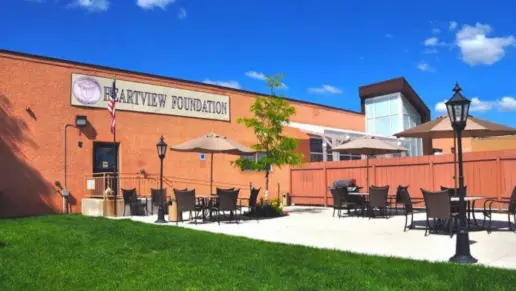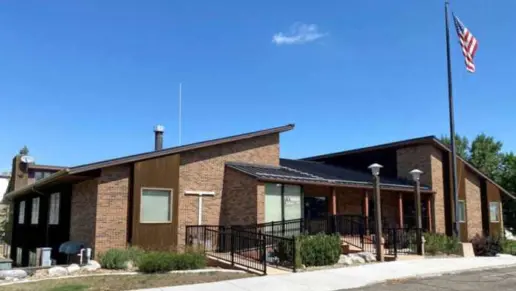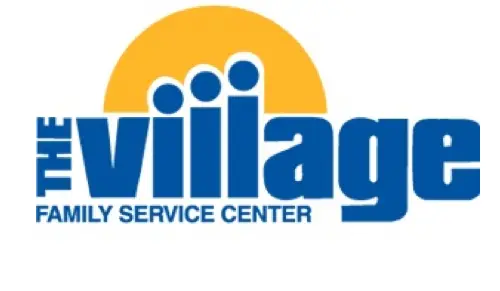i couldnt say anything more than the staff was incredibly helpful in changing my thoughts on everything regarding a drug treatment and my daughter and wife both attended the program. I feel it was the most life changing experience we could have ever imagined coming from some ...
About Prairie Recovery Center
If you're looking for comprehensive care, the Prairie Recovery Center may offer it to you. This treatment center primarily treats adults and is known for its inpatient, residential, outpatient, and aftercare programs. Regardless of which program you enroll in, you can expect compassion, respect, and personalized treatment on your road to recovery. You'll find 'em located in Raleigh, North Dakota.
Many have found the center a rustic, country-like, wonderful experience that helps people help themselves. Past patients have said it’s a place where you can focus on yourself and learn life skills that can help you avoid substance use. Communal dining, an expansive kitchen, and outdoor socialization are just a few of the amenities you can partake in.
The center is also said to be inviting and welcoming, especially its residential treatment program. This program provides co-occurring disorder treatment for mental health concerns alongside substance abuse treatment. It also offers various forms of therapy, including mindfulness-based therapy programs, eye movement desensitization and reprocessing (EMDR) therapy, and psychodrama.
You might also love that it provides Native American healing traditions as part of its residential treatment. The family recovery program is also noteworthy. The center realizes that addiction can tear families apart, which is why it provides this program for people and their families when they are ready to make a change. In this program, you can expect family counseling and transformative healing.
Besides these programs, it’s also essential to know that many have found the different addiction treatment therapies to be helpful on their path to sobriety. For example, motivational interviewing, dialectical behavior therapy, and cognitive behavioral therapy are inspirational and instrumental in the fight to overcome addiction for many, and maybe you, too!
Facility Overview
Latest Reviews
Rehab Score
Gallery
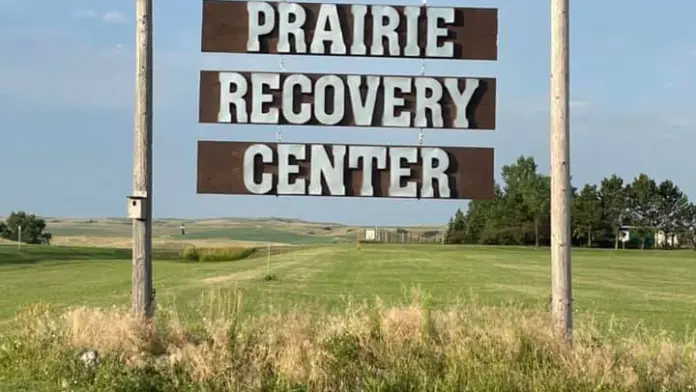
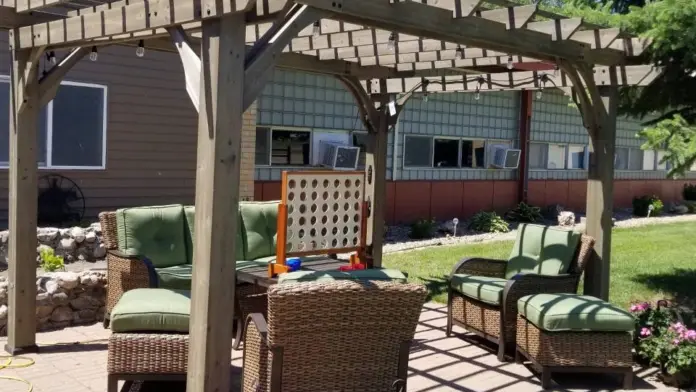
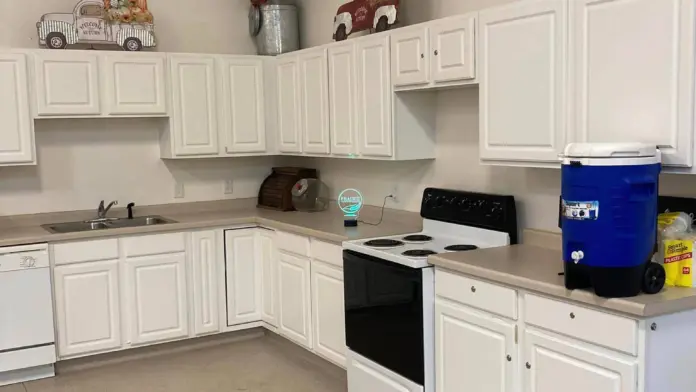
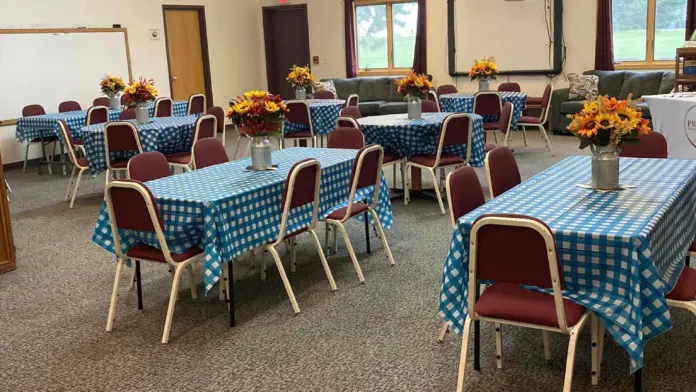
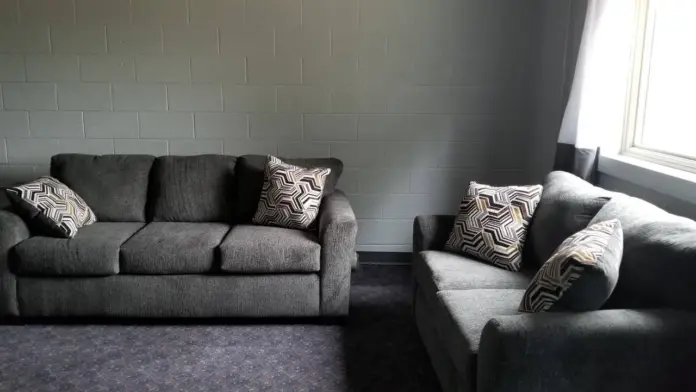
Location
Accepted Insurance
Other Forms of Payment
Private insurance refers to any kind of healthcare coverage that isn't from the state or federal government. This includes individual and family plans offered by an employer or purchased from the Insurance Marketplace. Every plan will have different requirements and out of pocket costs so be sure to get the full details before you start treatment.
Self-pay involves paying for treatment out of your own pocket. You can use savings or credit, get a personal loan, or receive help from family and friends to fund your treatment. If you don't have insurance or your insurance plan doesn't cover a specific program, self-pay can help ensure you still get the care you need.
Financial aid can take many forms. Centers may have grants or scholarships available to clients who meet eligibility requirements. Programs that receive SAMHSA grants may have financial aid available for those who need treatment as well. Grants and scholarships can help you pai for treatment without having to repay.
Medicaid is a state based program that helps lower-income individuals and families pay for healthcare. Medicaid covers addiction treatment so those enrolled can use their coverage to pay for rehab. When a program accepts Medicaid the client often pays very little or nothing out of their own pocket.
Addiction Treatments
Levels of Care
Treatments
A combined mental health and substance abuse rehab has the staff and resources available to handle individuals with both mental health and substance abuse issues. It can be challenging to determine where a specific symptom stems from (a mental health issue or an issue related to substance abuse), so mental health and substance abuse professionals are helpful in detangling symptoms and keeping treatment on track.
Programs


Clinical Services
Cognitive Behavioral Therapy (CBT) is a therapy modality that focuses on the relationship between one's thoughts, feelings, and behaviors. It is used to establish and allow for healthy responses to thoughts and feelings (instead of unhealthy responses, like using drugs or alcohol). CBT has been proven effective for recovering addicts of all kinds, and is used to strengthen a patient's own self-awareness and ability to self-regulate. CBT allows individuals to monitor their own emotional state, become more adept at communicating with others, and manage stress without needing to engage in substance abuse.
Men and women in North Dakota find accountability and motivation within group therapy sessions. Members encourage each other to stay committed to their recovery goals, which fosters a sense of community and shared progress. These friendships often follow you outside the group therapy setting.
People in North Dakota work confidentially with their therapist who uses tailored interventions in the individual therapy sessions. These help you to develop effective coping skills and use emotional regulation techniques that enhance your likelihood of experiencing long term and sustainable sobriety.
Motivational Interviewing (MI) is a clinical approach to helping people with substance abuse issues and other conditions shift behavior in positive ways. It is more goal-oriented than traditional psychotherapy, as MI counselors directly attempt to get clients to consider making behavioral change (rather than wait for them to come to conclusions themselves). Its primary purpose is to resolve ambivalence and help clients become able to make healthy choices freely.
Trauma therapy aims to help you heal from the emotional and physical effects that are common after witnessing or experiencing a traumatic event. Working with a therapist, you learn to process the experience and develop healthy coping strategies that reduce your anxiety and improve your self confidence.
Couples therapy lasts an average of 12 sessions. Most sessions involve both partners; however, therapists may also meet with each partner individually. The focus of couples therapy is to address conflict and improve the way you handle challenges in the relationship.
EMDR is a therapeutic modality originally developed to help process trauma. In an EMDR session, a patient is prompted to undergo eye movements that mimic those of REM sleep. This is accomplished by watching a therapist's finger move back and forth across, or following a bar of light. The goal is repetitive sets of eye movements that help the brain reprocess memory, which can significantly reduce the intensity of remembered traumatic incidents. Associated memories can heal simultaneously, leaving patients significantly calmer, more stable, and more emotionally relaxed.
Research clearly demonstrates that recovery is far more successful and sustainable when loved ones like family members participate in rehab and substance abuse treatment. Genetic factors may be at play when it comes to drug and alcohol addiction, as well as mental health issues. Family dynamics often play a critical role in addiction triggers, and if properly educated, family members can be a strong source of support when it comes to rehabilitation.
Life skills trainings involve all the skills a person must have in order to function successfully in the world. These include time management, career guidance, money management, and effective communication. Truly successful addiction recovery is based on the ability to not only live substance-free, but to thrive. Life skills teaches the practical necessities of functioning in society, which sets clients up for success in life, and therefore sobriety.
Amenities
-
Mountain Views
Staff
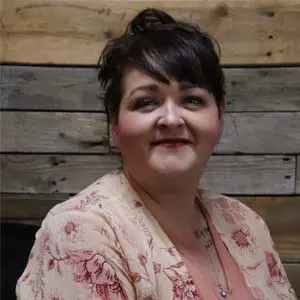
Licensed Addiction Counselor & Executive Director
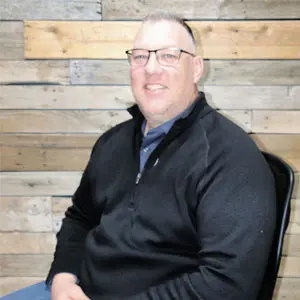
Business Development Director
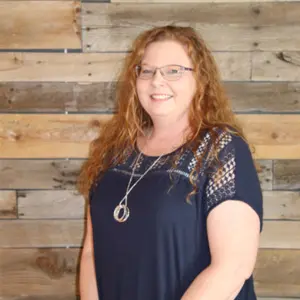
Administrative Director
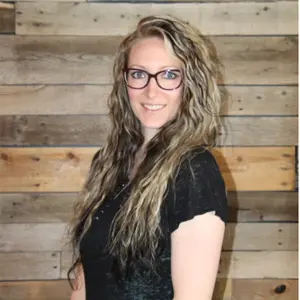
Finance Director
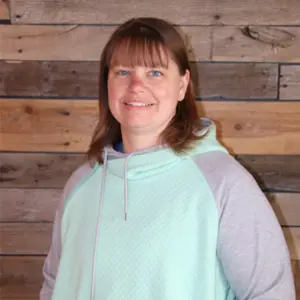
Insurance & Intake Specialist
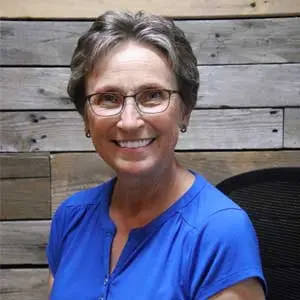
Receptionist & Transportation Coordinator
Contact Information
7785 St. Gertrude Ave
Raleigh, ND 58564





